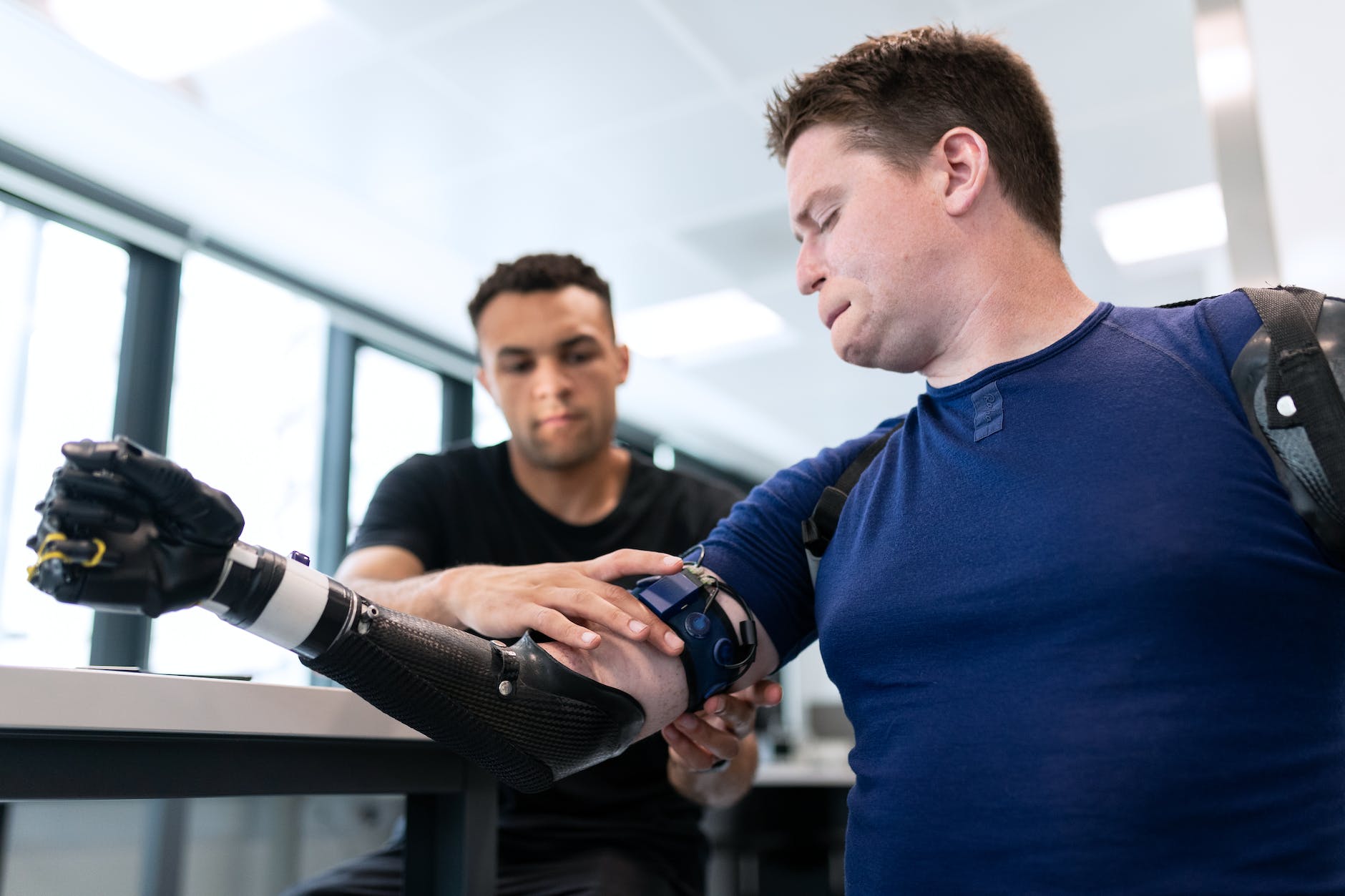Key Takeaways:
- Robotic carotid stenting proves highly successful in clinical trials, offering a potential game-changer in stroke and cardiovascular disease treatment.
- The technology’s precision and efficiency promise not only enhanced outcomes but also the possibility of remote treatments, addressing healthcare accessibility issues.
- Collaboration between technology developers and medical experts is accelerating the integration of intelligent robotic solutions into routine healthcare practices.
In the incessant quest to refine and advance the treatment of cardiovascular diseases, a recent clinical trial has yielded results that beckon the dawn of a transformative era in medical interventions. Robotic-assisted procedures, once the speculative focus of futuristic medical discourses, have proven not only feasible but remarkably successful in a real-world clinical setting.
Triumph Over Trials
In the meticulously conducted ‘CARE’ clinical trial, robotic carotid stenting showcased an impressive 100% clinical success rate, marking zero complications associated with the robotic procedures at both day 0 and day 30 checkpoints. These findings emanate from a prospective, non-randomized trial that assessed the technical and clinical efficacy of employing robotics in intricate medical procedures.
“I am honored to have been part of this clinical trial, which marks an important first step on the road to making robotic procedures routine practice for the treatment of strokes,” acclaimed Dr. François Eugène, a distinguished neurointerventionalist.
The Robotic Renaissance
The innovative R-One™ robotic platform, pivotal in this pioneering study, has proven its mettle. Designed to augment the precision of physicians’ hand gestures and substantially mitigate the exposure of medical staff to X-rays, R-One™ underscores the fusion of technological ingenuity and medical expertise. Each procedure performed during the trial was devoid of medical complications, establishing a new benchmark in clinical success.
“In our line of work, precision is key to the success of each intervention. I am impressed by the pinpoint accuracy of the robot’s movements,” commended Dr. Quentin Alias, echoing the sentiments of the medical fraternity at large.
Bridging the Treatment Gap
One of the standout revelations of the trial is the potential to transcend geographical barriers, offering the allure of long-distance treatment for stroke patients. This prospect, if realized, could address the disparities in healthcare accessibility, bringing a lifeline to remote and underserved communities globally.
“Robotics has the power to bring equal access to treatments to all patients across France and in other countries facing similar public health challenges,” asserted Dr. Eugène, illuminating the broader societal implications of this technological breakthrough.
A Collaborative Crusade
The synergy between technology developers and medical professionals is highlighted as a cornerstone in the quest to elevate healthcare standards. Companies and institutions are rallying together, propelling innovations that are meticulously tailored to meet the complex demands of contemporary medical practices.
“This partnership is at the heart of what we do – building strong collaborations with renowned experts in their field,” remarked Philippe Bencteux, underscoring the symbiotic relationships that are driving revolutionary advancements in healthcare.
Looking Ahead
With the world’s eyes trained on the unfolding revelations from clinical trials and real-world applications, the integration of robotic-assisted procedures into mainstream medical practice is not a question of ‘if’ but ‘when’. The profound implications for patient care, healthcare accessibility, and the overall enhancement of medical outcomes are both tantalizing and imminent.
In the fluid landscape of healthcare innovation, the fusion of human ingenuity and technological prowess heralds a future where the boundaries of medical intervention are perpetually expanding, promising hope, and healing to millions ensnared in the throes of cardiovascular diseases.
Useful Links:
- Learn more about Robocath: www.robocath.com
- Explore Rennes University Hospital: www.chu-rennes.fr
Sign up to our newsletter & get the most important monthly insights from around the world.
Ready to Amplify Your Brand with Business Today?
Discover the power of sponsored articles and partnerships to reach decision-makers, professionals, and a dynamic audience. Learn more about our advertising opportunities and connect with us today!
Click here to explore our Promotion & Sponsored Articles page.
Are you looking to make an impact? Contact us at pitch@businesstoday.news to get started!







